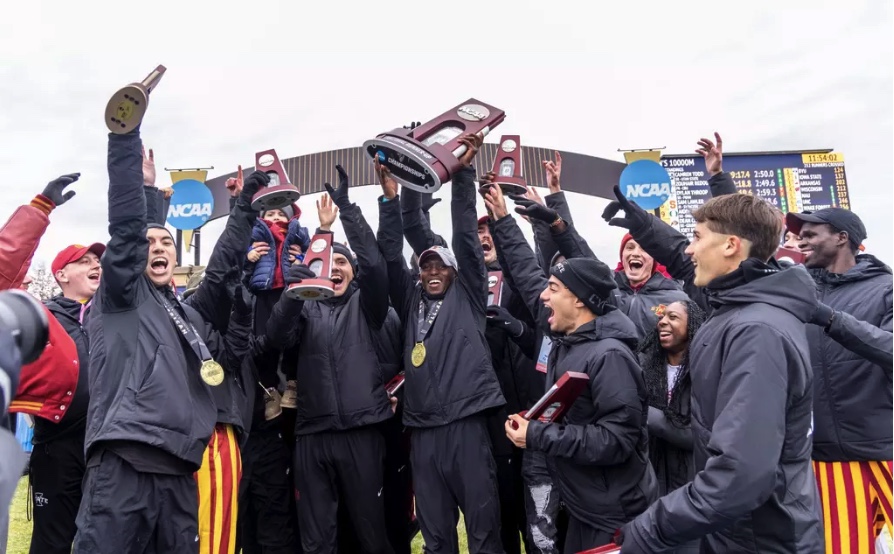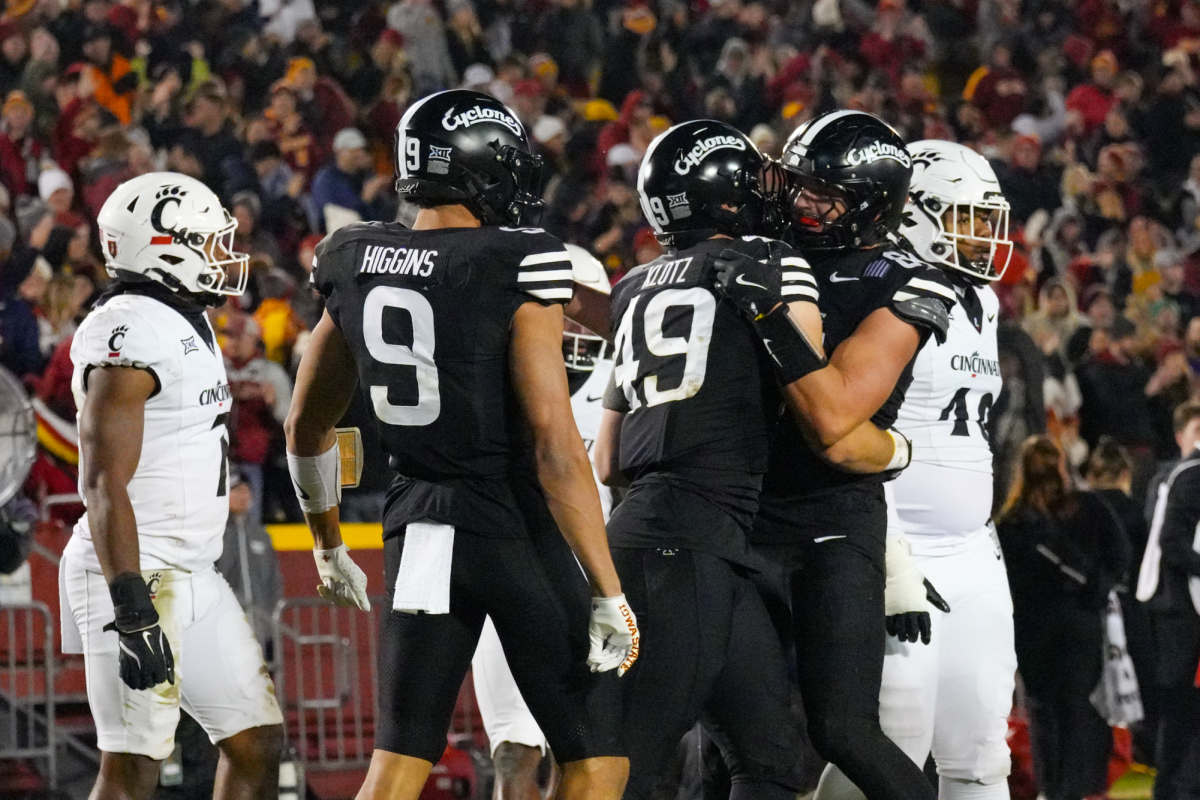Veishea task force focuses on fixing annual celebration
September 30, 2004
Deciding how to make the best decisions about fixing Veishea was the main focus of the Veishea task force Thursday during an all-day meeting.
The Veishea Task Force on Assuring Successful Veishea and Other Student/Community Celebrations began by hearing the findings of working group 3, which examined riots at other institutions and the findings of the resulting task forces.
The working group observed that alcohol was a common theme in riots but should not be the only factor examined. The group found that expectations of a riot, large groups of bystanders, the number of non-students present and off-campus disturbances were also common contributing factors.
As a result, the working group put recommendations into four categories:
* How to continue Veishea;
* Discontinue Veishea;
* Change Veishea; and
* Recommendations for other university events.
Most of the recommendations dealt with continuing Veishea largely unchanged — offering other all-night, large-appeal events, holding Veishea earlier in the year so the weather is less accommodating to large numbers of people and providing educational seminars that teach community responsibility to students. The group also made recommendations dealing specifically with alcohol, such as requiring keg registration, increasing penalties on nuisance parties, having staggered bar closings and expanding alcohol education.
Recommendations for changing Veishea focused on altering the mission and approach of Veishea, and even the name of the celebration to distinguish it from past Veisheas. If Veishea were to be ended, the group recommended scheduling other events and assembling another task force to deal with the reaction.
Finally, the group considered general actions, such as making the Commission on Improving Relations a permanent organization with its own bylaws and mission statement, revoking privileges for students who misbehave at other events and creating a public relations campaign to educate students on the consequences of rioting.
The task force did not make actual decisions, but instead discussed how to judge the recommendations for inclusion in the final report. The criteria the task force agreed on were whether the recommendation would address the underlying causes of the riot, how effective it would be, what kind of support it would have from the student body and the Ames community, how relevant it would be to the current situation, how realistic it would be to enact, and what its consequences might be.
“Most definitely we had a really good discussion of the wide range of possibilities,” said Catherine Woteki, dean of the College of Agriculture and co-chairwoman of the task force.
She said the committee was still in the early stage of evaluating the recommendations but was confident the committee would meet the Nov. 30 deadline.
The next meeting will be Oct. 21.






